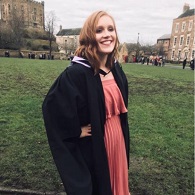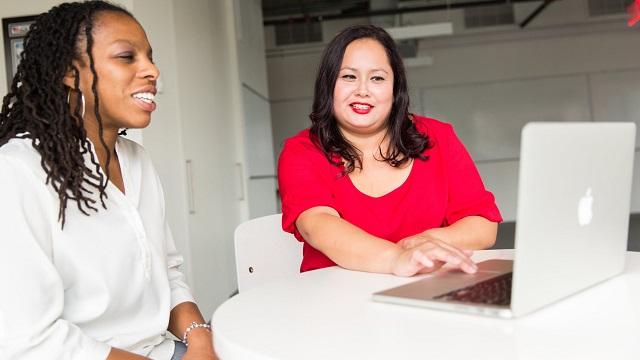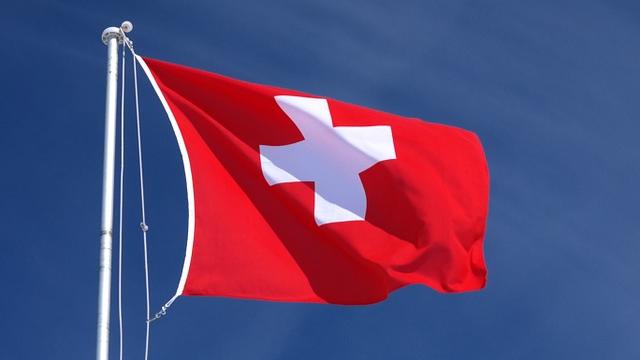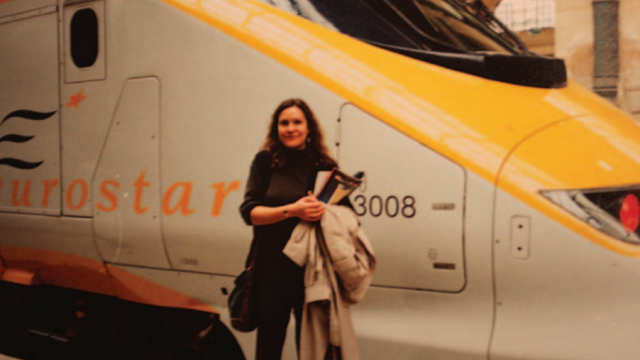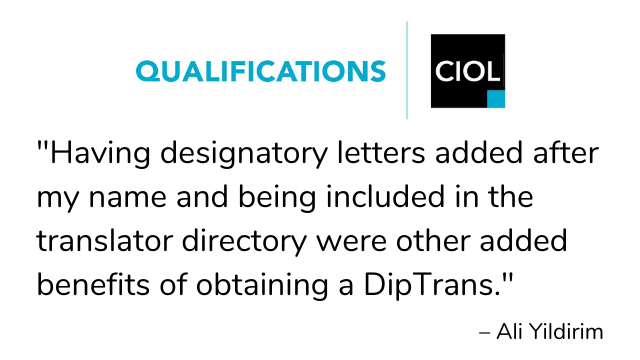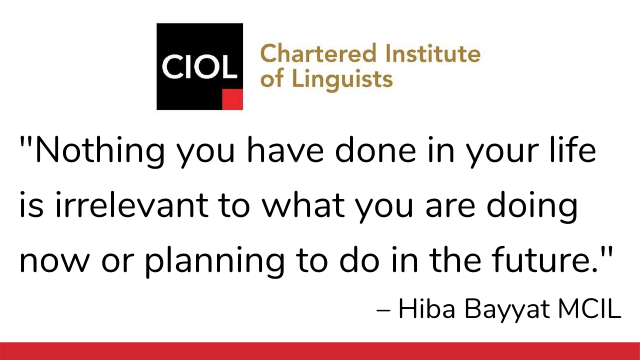-
QUALIFICATIONS
- For Linguists Worldwide
- For UK Public Services
- Preparation
- Policies & Regulation
-
MEMBERSHIP
- Join CIOL
- Membership grades
- NEW for Language Lovers
- Chartered Linguist
- Already a member?
- Professional conduct
- Business & Corporate Partners
-
ASSESSMENTS
- For Second Language Speakers
- English as a Second Language
-
EVENTS & TRAINING
- CPD, Webinars & Training
- CIOL Conference Season 2025
- Events & Networks
- CIOL Mentoring
-
NEWS & VOICES
- News & Voices
- CIOL eNews
- CIOL Awards
- The Linguist
- Jobs & Ads
-
RESOURCES
- For Translators & Interpreters
- For Universities & Students
- Standards & Norms
- CIOL & AI
- All Party Parliamentary Group
- In the UK
- UK Public Services
- Find-a-Linguist
Bringing membership to life: Protecting children through words
By Nicole Fenwick
Nicole Fenwick BA MA MCIL
French to English
Legal Translator / Editor / Proofreader
I have always loved languages and while my English and French law degree initially steered me into the mainstream legal profession, I always sought out every opportunity to use my languages. After pursuing an MA in Translation Studies, I decided it was time to go freelance as a legal translator and combine my legal training with the wonderful world of translation. I haven’t looked back and I wake up every single morning thankful that I have a career that I love.
My experience translating a highly sensitive and emotive report for the United Nations was one which I will never forget. It is definitely the most difficult thing that I have ever had to read, let alone translate. Translating this report concerning international humanitarian law and human rights, more specifically, the recruitment of child soldiers in Africa, called into question my own sense of humanity, justice, ethics and whether we as an international community are really doing enough to commit ourselves to the protection of our most precious legacy, our children.
The content concerned the most deplorable, distressing and disturbing of human acts. It caused me to question not only the humanity of the perpetrators but the humanity of an international community which has yet to remove a gun from the hands of every child soldier on the planet. This only made me more determined to ensure that the target text translated the facts accurately which would ultimately provoke exactly the same feelings in the target reader; I made this my priority and in this sense my loyalty to the source text was never called into question. In light of the fact that Mental Health Awareness Week was just a few weeks ago, projects such as this really do exemplify the emotional content which we translators can be exposed to and in a profession where the majority of us are freelance, it’s really important to surround yourself with people when working on projects like this for your own mental well-being.
This project took more than six months from start to finish which included the briefing, research, translation, proofreading and editing stages; this is a long time to remain focused on this type of content. I remember the first time I read the report vividly and the three to four weeks which I spent translating the text really did take their toll. When you are translating content such as this, it really is impossible to leave your work at the (home) office. I was extremely grateful to my contact at the UN for not only writing this report and allowing me to translate her words, but also for her invaluable support and advice gained from working on the front line for the majority of her professional life. She had seen both the atrocities described in this report, as well as their long-lasting effects first-hand and she was therefore able to support me in my role as the translator, for which things such as this belong only to nightmares. I was very lucky to have such a supportive confidante and I cannot emphasise the importance of finding such a person in a project like this. I realise that we so often work under the cloak of confidentiality but for projects of this nature, it is really important to talk about the content during the process so that you are able to properly disassociate the content from your everyday reality. Naturally with the necessary permission, you must seek out a contact who works in the area specifically who can answer any questions you have along the way…and believe me when I say I had so many questions. I wish I could say that the answers always gave me peace of mind, but they didn’t. However, they did help me to understand the content in a way that allowed me to strike the right tone with the politicians who would be reading the translated report. They are the ones who can make the decisions that I cannot, protect the children that I cannot, but my words give them the power to do so.
I’m incredibly proud to have been part of this project and I wanted to share this experience with my fellow members so that you too may seek out similar opportunities with the United Nations Volunteer (UNV) programme. It’s a really worthwhile programme and it covers so many fascinating issues across various sectors. I strongly urge you to apply if you feel that you would like to use your language skills to contribute to the UN’s sustainable development goals.
If you have a story you’d like to share, please email comms@ciol.org.uk
Want to know more about becoming a member? Click here.
More
The Chartered Institute of Linguists (CIOL), Incorporated by Royal Charter, Registered in England and Wales Number RC 000808 and the IoL Educational Trust (IoLET), trading as CIOL Qualifications, Company limited by Guarantee, Registered in England and Wales Number 04297497 and Registered Charity Number 1090263. CIOL is a not-for-profit organisation.

